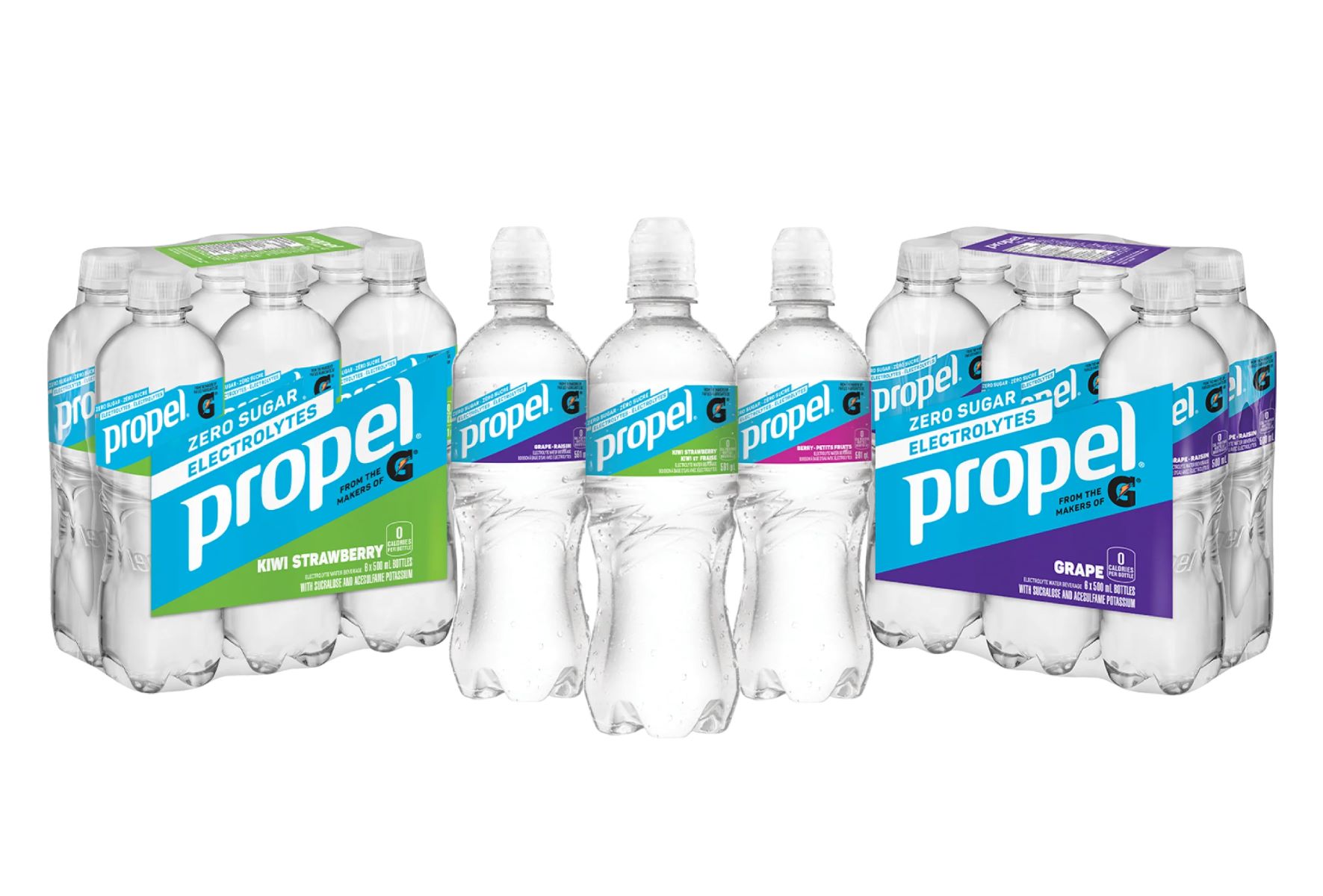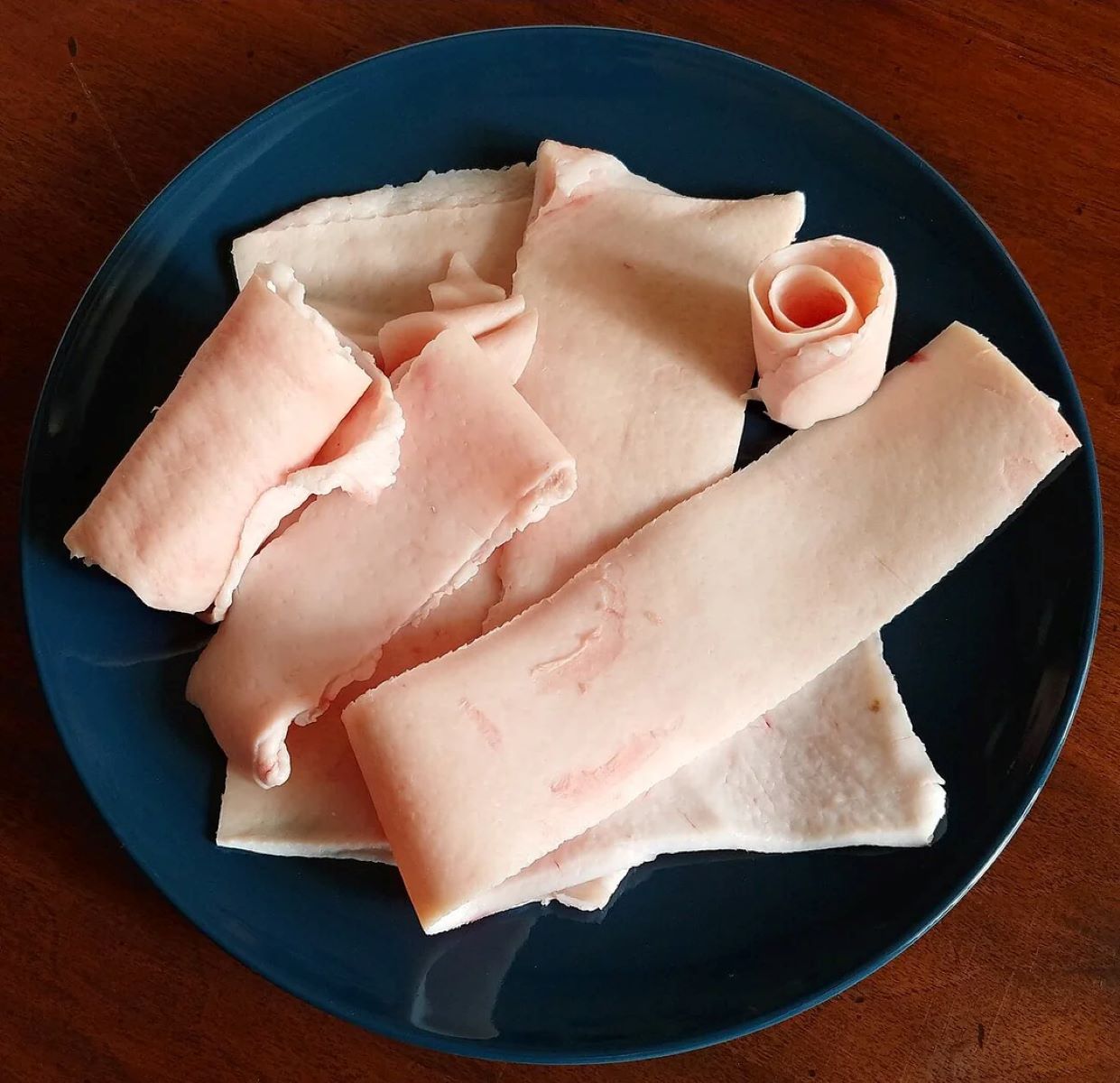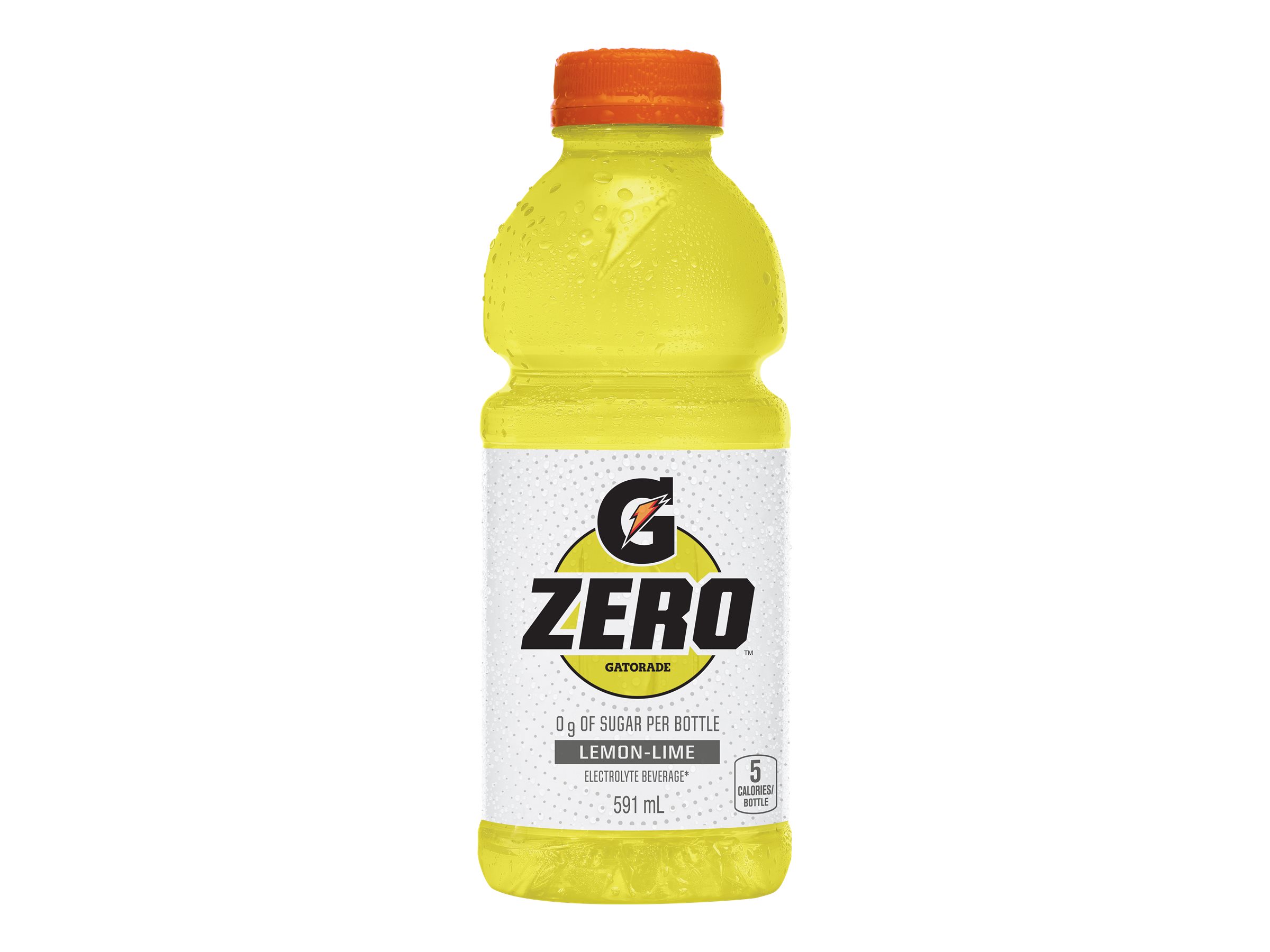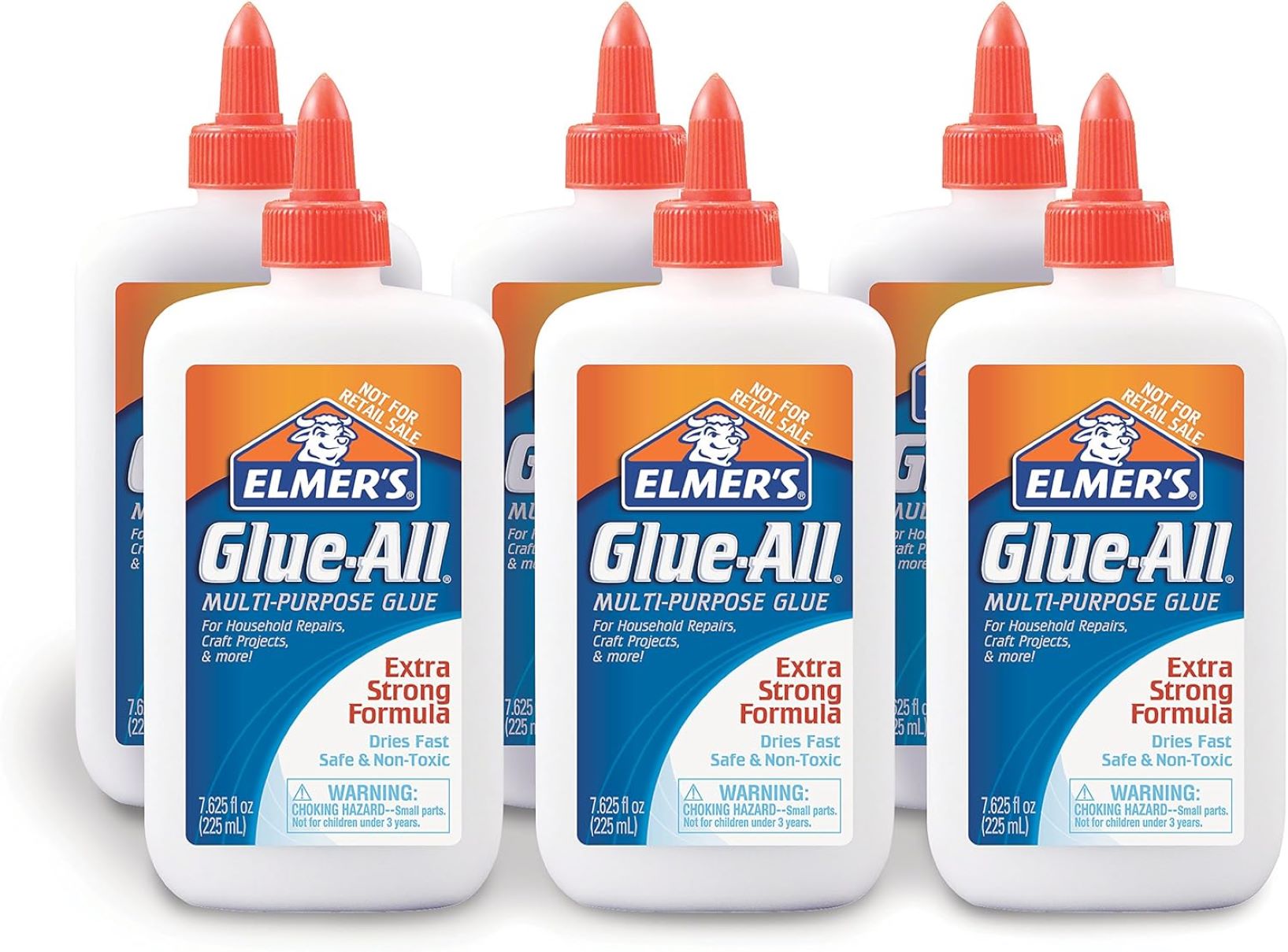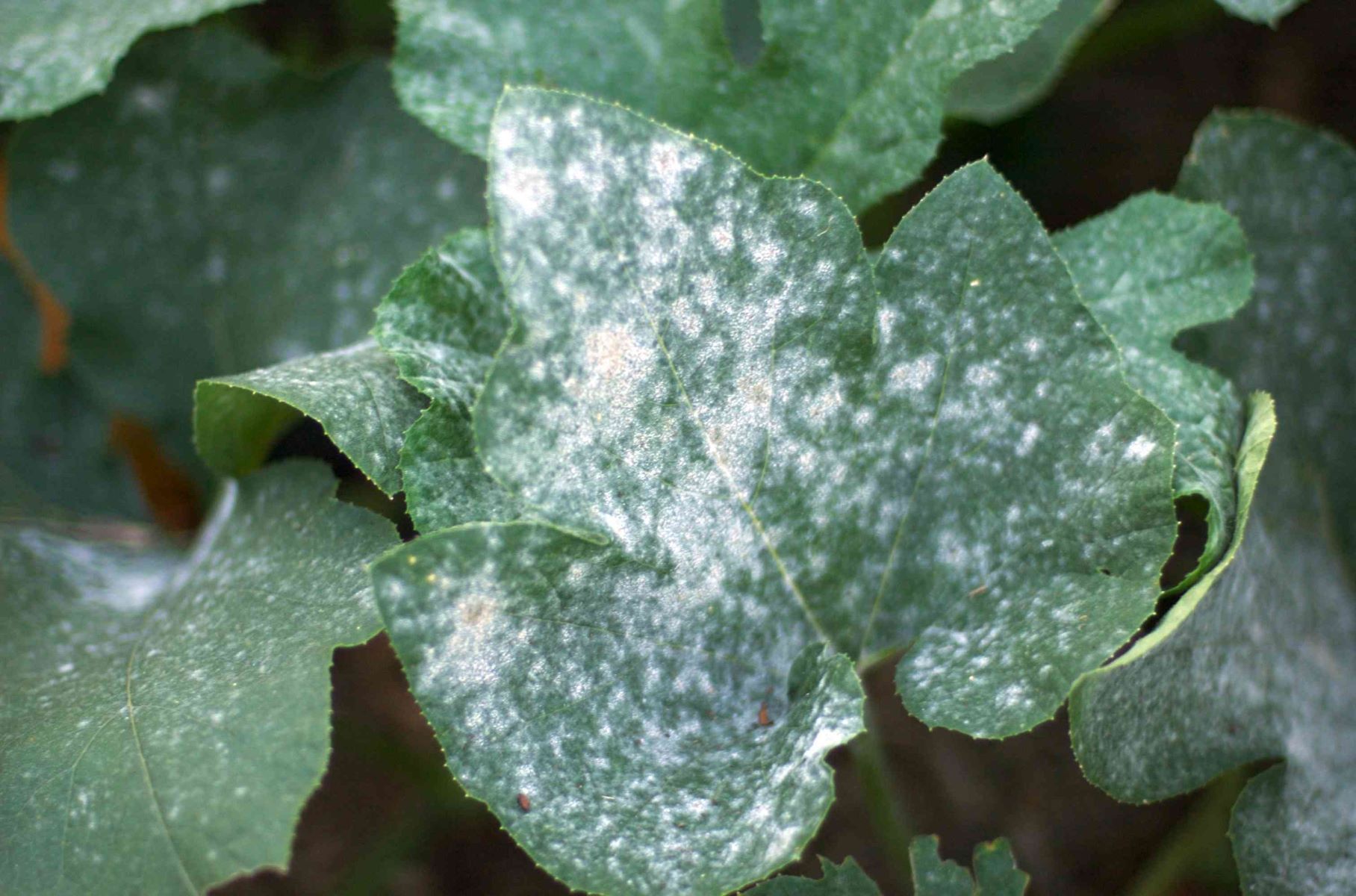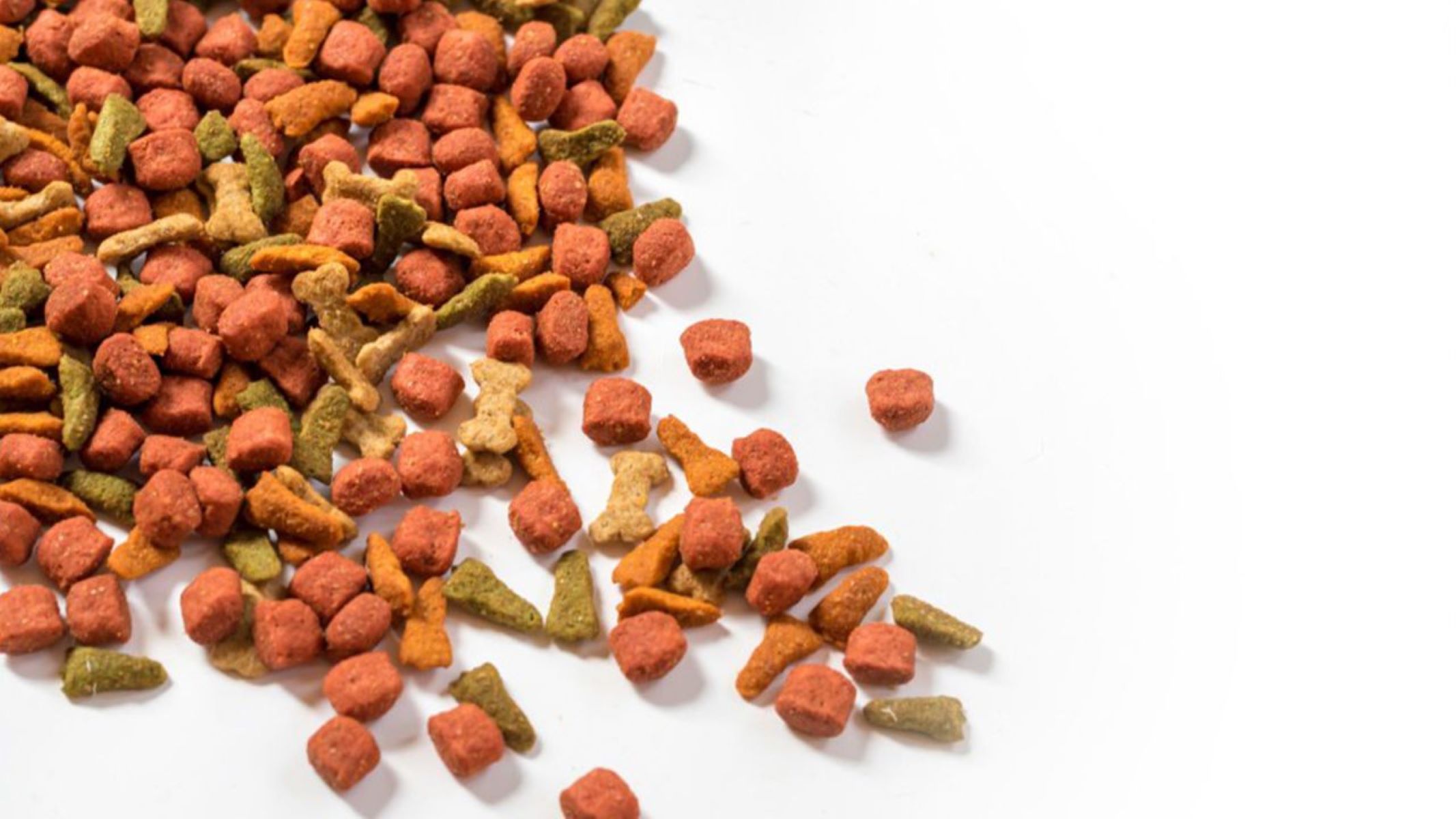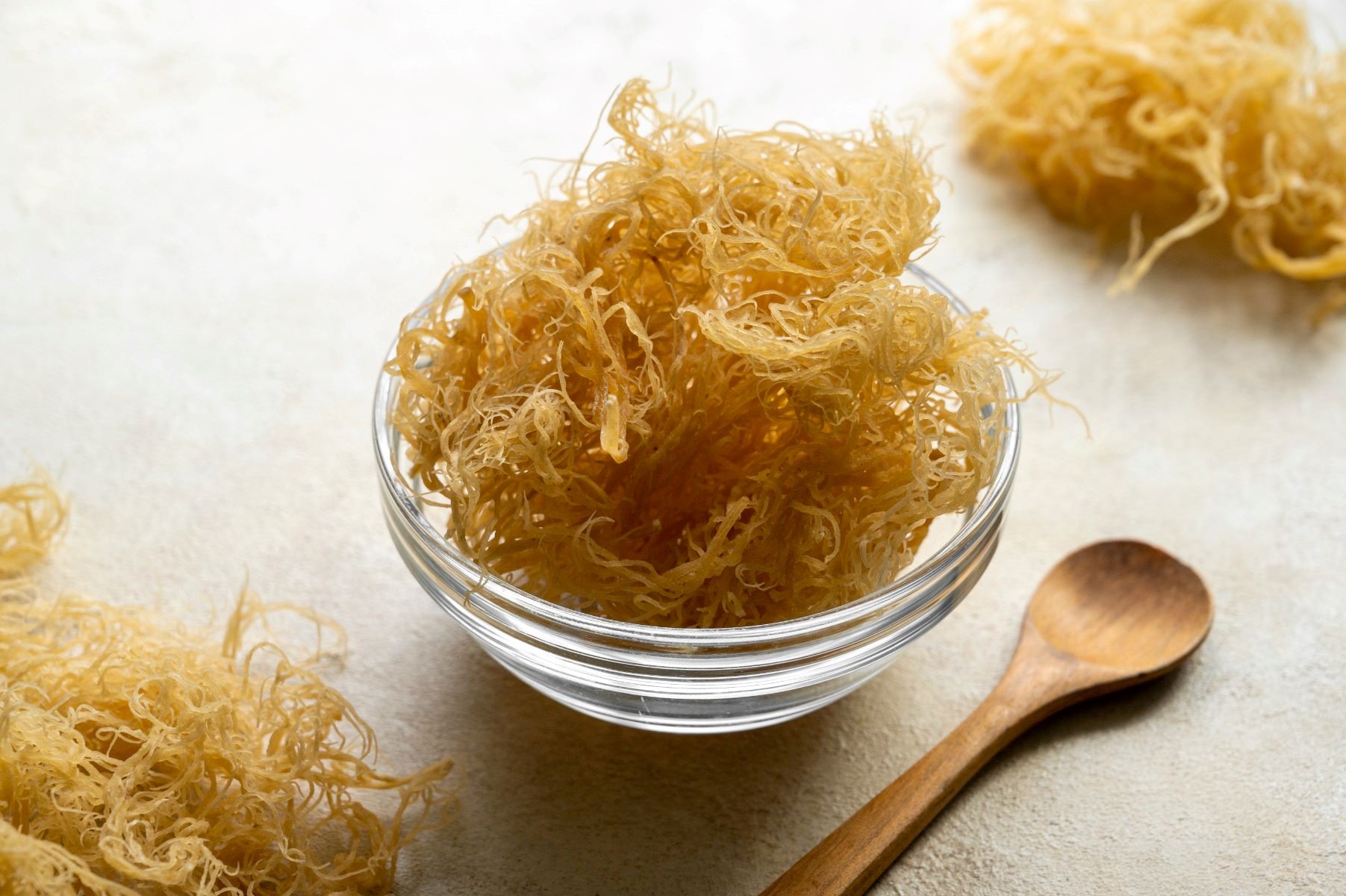Home>Health and Wellness>Surprising Truth: Dried Sugarcane Sticks Could Harm Your Precious Puppies!
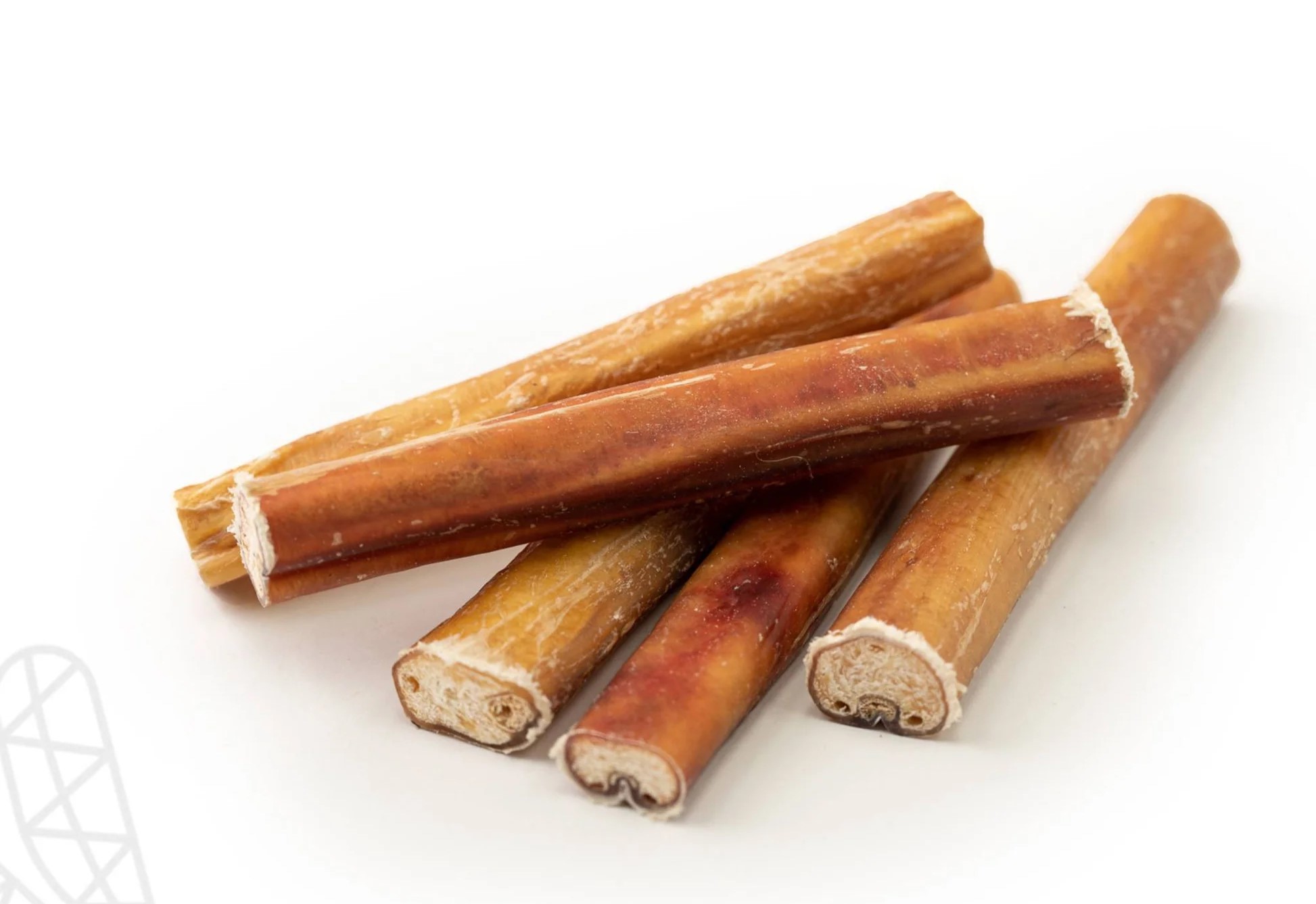

Health and Wellness
Surprising Truth: Dried Sugarcane Sticks Could Harm Your Precious Puppies!
Published: January 22, 2024
Discover the surprising truth about how dried sugarcane sticks could potentially harm your precious puppies. Learn more about pet health and wellness now.
(Many of the links in this article redirect to a specific reviewed product. Your purchase of these products through affiliate links helps to generate commission for Regretless.com, at no extra cost. Learn more)
Table of Contents
Introduction
The well-being of our furry friends is of utmost importance to pet owners, and ensuring their safety and health is a top priority. In the pursuit of providing the best care for our puppies, it's crucial to be aware of potential hazards that may seem harmless at first glance. One such unsuspected danger comes in the form of dried sugarcane sticks, which have gained popularity as a chew toy for puppies. While they may appear harmless, there are hidden risks associated with these seemingly innocuous treats that every pet owner should be aware of.
In this comprehensive guide, we will delve into the surprising truth about dried sugarcane sticks and their potential harm to our precious puppies. By understanding the risks and identifying safe alternatives, pet owners can take proactive measures to ensure the well-being of their furry companions. Let's embark on this enlightening journey to uncover the hidden dangers posed by seemingly benign chew toys and explore safer options for our beloved puppies.
What Are Dried Sugarcane Sticks?
Dried sugarcane sticks, also known as sugarcane chews or sugarcane bones, are marketed as natural and long-lasting chew toys for dogs. These sticks are made from the fibrous stalks of the sugarcane plant, which are harvested, dried, and then shaped into sturdy sticks. The appealing aspect of these treats lies in their durability and the natural fibers that make them seemingly safe for dogs to chew on.
The texture of dried sugarcane sticks is rough and fibrous, providing a satisfying chewing experience for dogs. They are often touted as a great way to promote dental health by aiding in the removal of plaque and tartar. Additionally, some manufacturers claim that these sticks are rich in vitamins and minerals, further adding to their appeal as a healthy and natural alternative to synthetic chew toys.
It's important to note that dried sugarcane sticks are different from raw sugarcane, which is the fresh, unprocessed stalk of the sugarcane plant. While raw sugarcane is safe for human consumption and can provide certain health benefits, the same cannot be said for dried sugarcane sticks when it comes to the well-being of our furry companions.
Despite their natural composition and purported benefits, it's crucial for pet owners to understand that dried sugarcane sticks pose potential risks to puppies when used as chew toys. The seemingly harmless nature of these sticks can mask underlying dangers that may jeopardize the health and safety of our beloved canine companions. Therefore, gaining insight into the specific hazards associated with dried sugarcane sticks is essential for making informed decisions regarding the well-being of our puppies.
Why Are Dried Sugarcane Sticks Harmful to Puppies?
Dried sugarcane sticks, despite their natural composition, can pose significant dangers to the health and well-being of puppies. The seemingly innocuous nature of these chew toys may obscure the potential risks they present, making it imperative for pet owners to understand why these seemingly harmless treats can be harmful to their precious puppies.
-
Risk of Splintering: One of the primary concerns with dried sugarcane sticks is the risk of splintering. As puppies enthusiastically gnaw on these tough fibers, the sticks can splinter into sharp shards, posing a choking hazard or causing internal injuries when ingested. The fibrous nature of sugarcane can make it challenging to predict how it will break down during chewing, heightening the risk of splintering.
-
Digestive Obstruction: Another significant risk arises from the potential for dried sugarcane sticks to cause digestive obstruction. When puppies ingest large pieces of these sticks, the fibrous material can become lodged in the digestive tract, leading to blockages that require surgical intervention. This can result in severe discomfort, vomiting, diarrhea, and in extreme cases, life-threatening complications.
-
Toxic Residues: The cultivation and processing of sugarcane may involve the use of pesticides, herbicides, or other chemicals. As a result, dried sugarcane sticks may harbor toxic residues that pose a risk of poisoning when consumed by puppies. Additionally, the drying and storage processes can introduce contaminants or mold, further compounding the potential health hazards associated with these seemingly natural chew toys.
-
Dental Damage: While some proponents claim that dried sugarcane sticks aid in dental health, the rough texture and hardness of these sticks can actually lead to dental damage in puppies. Prolonged chewing on abrasive surfaces can cause tooth fractures, enamel wear, and gum injuries, negating any purported dental benefits and necessitating costly veterinary dental care.
-
Nutritional Concerns: Contrary to claims of being rich in vitamins and minerals, dried sugarcane sticks offer minimal nutritional value for puppies. Instead, they can contribute to excessive calorie intake and potential weight gain, especially if used as frequent treats. This can impact the overall health and well-being of puppies, leading to obesity-related health issues over time.
Understanding these inherent risks associated with dried sugarcane sticks is crucial for pet owners to make informed decisions regarding the safety and welfare of their puppies. By recognizing the potential harm posed by seemingly harmless chew toys, pet owners can take proactive measures to safeguard their furry companions from these hidden dangers.
Potential Risks of Dried Sugarcane Sticks for Puppies
The potential risks associated with dried sugarcane sticks for puppies are multifaceted, encompassing various dangers that can compromise the health and well-being of our beloved canine companions. Understanding these risks is paramount for pet owners to make informed decisions regarding the safety of their puppies.
One of the most significant hazards of dried sugarcane sticks is the risk of splintering. As puppies vigorously chew on these tough fibers, the sticks can splinter into sharp shards, posing a severe choking hazard or causing internal injuries when ingested. The fibrous nature of sugarcane makes it challenging to predict how it will break down during chewing, heightening the risk of splintering and potential harm to the puppies' delicate digestive systems.
In addition to the risk of splintering, dried sugarcane sticks can lead to digestive obstruction when ingested by puppies. The fibrous material of the sticks can become lodged in the digestive tract, causing blockages that may necessitate surgical intervention. This can result in severe discomfort, vomiting, diarrhea, and, in extreme cases, life-threatening complications, posing a grave threat to the puppies' health and well-being.
Furthermore, the cultivation and processing of sugarcane may involve the use of pesticides, herbicides, or other chemicals. Consequently, dried sugarcane sticks may harbor toxic residues that pose a risk of poisoning when consumed by puppies. Additionally, the drying and storage processes can introduce contaminants or mold, further compounding the potential health hazards associated with these seemingly natural chew toys.
The rough texture and hardness of dried sugarcane sticks can also lead to dental damage in puppies. Prolonged chewing on abrasive surfaces can cause tooth fractures, enamel wear, and gum injuries, negating any purported dental benefits and necessitating costly veterinary dental care.
Contrary to claims of being rich in vitamins and minerals, dried sugarcane sticks offer minimal nutritional value for puppies. Instead, they can contribute to excessive calorie intake and potential weight gain, especially if used as frequent treats. This can impact the overall health and well-being of puppies, leading to obesity-related health issues over time.
In summary, the potential risks of dried sugarcane sticks for puppies encompass splintering hazards, digestive obstruction, toxic residues, dental damage, and nutritional concerns. By recognizing these risks, pet owners can make informed choices to protect their puppies from these hidden dangers and explore safer alternatives for their chewing needs.
Signs of Dried Sugarcane Stick Ingestion in Puppies
Identifying the signs of dried sugarcane stick ingestion in puppies is crucial for prompt intervention and veterinary care. When puppies ingest dried sugarcane sticks, whether in whole or fragmented form, it can lead to various adverse effects on their health. Recognizing the symptoms associated with the ingestion of these hazardous chew toys is essential for pet owners to take swift action and mitigate potential risks to their furry companions.
-
Choking or Gagging: Puppies may exhibit signs of choking or gagging, particularly if they have ingested sharp or splintered pieces of dried sugarcane sticks. This can manifest as repeated attempts to swallow accompanied by distress and coughing.
-
Vomiting: Ingestion of dried sugarcane sticks can irritate the puppies' stomach lining, leading to vomiting. Pet owners may observe regurgitation of food, saliva, or bile, indicating potential gastrointestinal distress.
-
Abdominal Discomfort: Puppies may display signs of abdominal discomfort, such as restlessness, pacing, or hunching over, as a result of digestive obstruction or irritation caused by the ingested sugarcane sticks.
-
Lethargy: A noticeable decrease in the puppies' energy levels or reluctance to engage in physical activities may indicate underlying discomfort or distress resulting from the ingestion of dried sugarcane sticks.
-
Loss of Appetite: Puppies may exhibit a loss of interest in food or treats following the ingestion of dried sugarcane sticks. This aversion to eating can signal gastrointestinal discomfort or blockage.
-
Diarrhea or Constipation: Changes in the puppies' bowel movements, such as diarrhea or constipation, can be indicative of digestive disturbances caused by the presence of dried sugarcane stick fragments in their gastrointestinal tract.
-
Abnormal Behavior: Uncharacteristic behaviors, including whining, whimpering, or seeking isolation, may signal pain or discomfort resulting from the ingestion of hazardous chew toys.
-
Visible Discomfort During Defecation: Puppies may display signs of discomfort or distress while attempting to defecate, indicating potential obstruction or irritation in the digestive tract.
-
Blood in Stool: The presence of blood in the puppies' stool can be a concerning indicator of internal injuries or gastrointestinal issues resulting from the ingestion of dried sugarcane sticks.
-
Pain or Tenderness: Palpation of the puppies' abdomen may reveal signs of pain, tenderness, or discomfort, suggesting potential complications arising from the ingestion of hazardous chew toys.
By being vigilant for these signs, pet owners can promptly seek veterinary attention if their puppies exhibit any of these symptoms. Early detection and intervention are essential for addressing the potential risks associated with dried sugarcane stick ingestion and safeguarding the well-being of puppies.
Read more: 10 Deadly Flowers That Could Harm Your Cat!
Safe Alternatives to Dried Sugarcane Sticks for Puppies
When it comes to providing safe and enjoyable chew toys for puppies, pet owners have a myriad of alternatives to dried sugarcane sticks that offer both entertainment and potential health benefits. By exploring safe alternatives, pet owners can ensure that their furry companions have access to engaging and risk-free chewing options. Here are some recommended alternatives to dried sugarcane sticks for puppies:
-
Rubber Chew Toys: Durable rubber chew toys designed specifically for puppies can provide a safe and long-lasting chewing experience. These toys are resilient, making them suitable for teething puppies and promoting healthy chewing behavior. Additionally, some rubber toys feature textured surfaces that can help massage the gums and alleviate teething discomfort.
-
Natural Rope Toys: Rope toys made from natural, pet-safe materials offer puppies a satisfying chewing experience while promoting dental health. The fibrous texture of these toys can help remove plaque and tartar, contributing to improved oral hygiene. Pet owners should ensure that the rope toys are free from loose threads or fraying to prevent ingestion hazards.
-
Nylon Bones: Nylon bones designed for puppies provide a safe and non-splintering alternative to dried sugarcane sticks. These durable bones are suitable for vigorous chewers and can withstand extended use without posing the risk of splintering or causing digestive obstructions. It's essential to select appropriately sized nylon bones that are tailored to the puppies' age and chewing strength.
-
Frozen Carrot Sticks: Chilled or frozen carrot sticks serve as a natural and nutritious alternative to dried sugarcane sticks. Puppies can enjoy gnawing on these refreshing treats, which not only provide a satisfying chewing experience but also offer essential vitamins and minerals. The cold temperature can help soothe teething discomfort and provide a cooling sensation during warmer months.
-
Edible Dental Chews: Veterinary-recommended edible dental chews formulated for puppies can aid in maintaining oral health while offering a flavorful and digestible chewing option. These chews are designed to help reduce plaque and tartar buildup, promoting fresh breath and healthy gums. Pet owners should select dental chews that are appropriate for the puppies' size and age.
-
Supervised Rawhide Alternatives: Certain natural alternatives to rawhide, such as compressed vegetable chews or digestible dental treats, can provide a safe and enjoyable chewing experience for puppies under close supervision. These alternatives offer a variety of textures and flavors, catering to puppies' preferences while minimizing the risks associated with traditional rawhide products.
By introducing these safe alternatives, pet owners can ensure that their puppies have access to engaging and risk-free chew toys that promote dental health, alleviate teething discomfort, and offer a satisfying outlet for natural chewing instincts. It's important to supervise puppies during chewing sessions and regularly inspect toys for signs of wear or damage to maintain a safe and enjoyable chewing environment.
Conclusion
In conclusion, the seemingly innocuous nature of dried sugarcane sticks as chew toys for puppies conceals a myriad of potential risks that can compromise the health and safety of our beloved furry companions. The hidden dangers of splintering, digestive obstruction, toxic residues, dental damage, and minimal nutritional value underscore the imperative for pet owners to exercise caution when selecting chew toys for their puppies. By recognizing the hazards associated with dried sugarcane sticks and understanding the signs of ingestion, pet owners can take proactive measures to safeguard their puppies from potential harm.
Furthermore, exploring safe alternatives to dried sugarcane sticks offers pet owners the opportunity to provide engaging and risk-free chew toys that cater to the puppies' natural instincts while promoting dental health and overall well-being. Rubber chew toys, natural rope toys, nylon bones, frozen carrot sticks, edible dental chews, and supervised rawhide alternatives present a diverse array of options that prioritize safety and enjoyment for puppies.
By prioritizing the well-being of our puppies and making informed choices regarding their chew toys, pet owners can cultivate a nurturing and secure environment that fosters healthy chewing habits and mitigates potential risks. Regular veterinary consultations, close supervision during chewing sessions, and proactive intervention in the event of ingestion symptoms are essential components of responsible pet ownership.
Ultimately, the bond between pet owners and their puppies is strengthened through attentive care and conscientious decision-making, ensuring that our furry companions thrive in a safe and enriching environment. By remaining vigilant, informed, and proactive, pet owners can navigate the landscape of chew toys with confidence, prioritizing the health, safety, and happiness of their precious puppies.
